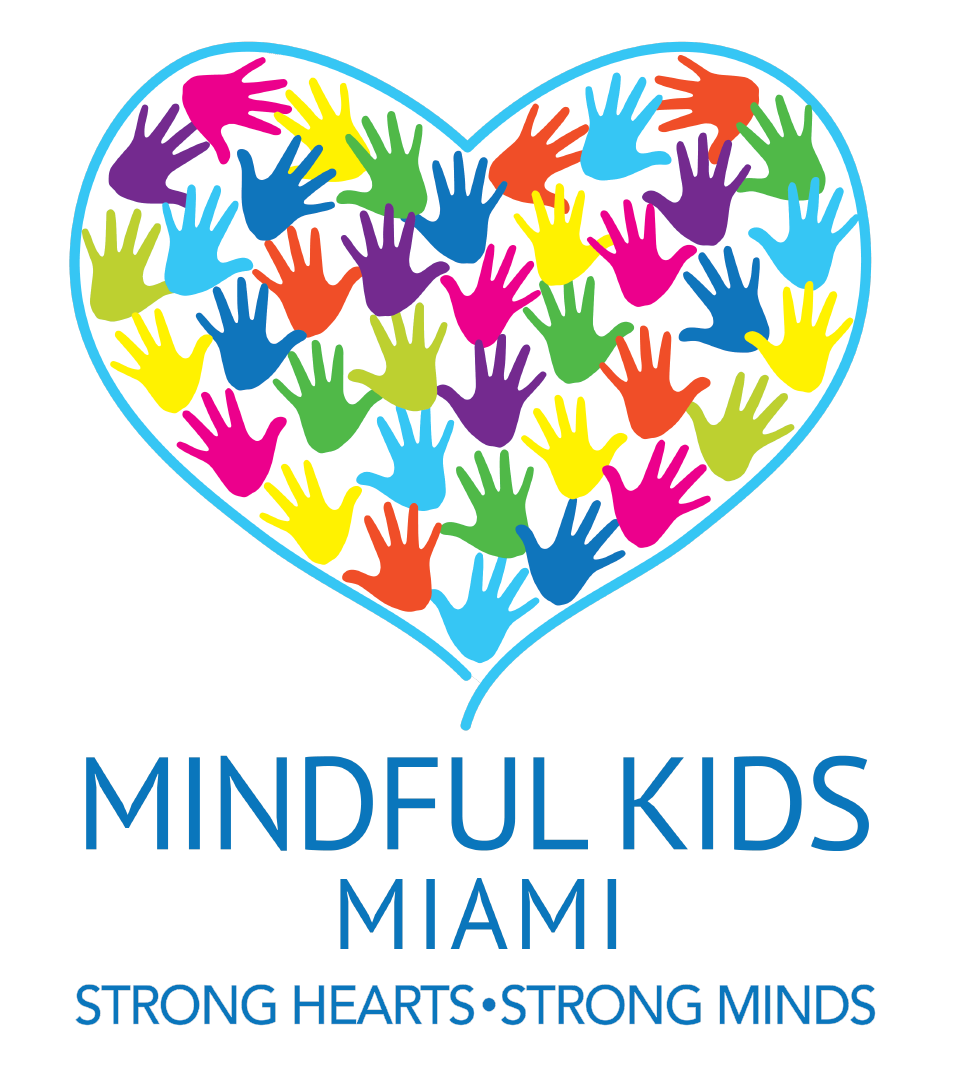How Mindfulness Can Help Bridge the Gap of Returning to School This Year
Last year was – for lack of a better term – different. A survey found that since the start of the pandemic, 50 percent of students reported worsened mental health, and 35 percent shared that their family relationships had become more difficult. The majority overall described feelings of loneliness and anxiety. A second survey found that 50 percent or more students were worried about losing connections with friends, missing normal college opportunities, and concerned how Covid-19 would affect their future. While teachers or parents might feel that some of these issues might be addressed with the return to in-person learning, that may not be the case. In fact, students may have returned to find that the dynamics have changed with school, their relationships with friends may be different, their physical bodies may be different. Allowing students to be better prepared to accept those changes, whether pleasant or uncomfortable, through mindfulness practices is more important than ever. Mindfulness meditation, which was once seen as an add-on activity or offering, has become a much-needed frontrunner.
Is teaching mindfulness in schools worth the effort?
That’s a resounding yes.Researchers found that mindfulness in schools resulted in improved cognitive and social-emotional functioning. Another study showed that following a 16-week mindfulness class delivered at schools resulted in students retaining and utilizing program skills; students developed keener emotional appraisal that, coupled with improved emotional regulation skills, helped de-escalate negative emotions, promote calm, and reduce stress.
Facing the Change
Mindfulness is about experiencing each moment, recognizing it, and allowing oneself to be present while simultaneously acknowledging the moment may pass or change. Whether a student was eager to get back into the classroom or trepidatious, mindfulness allows them to be in touch with their expectations, their hopes and their fears, creating a better understanding of the current situation and themselves. This self-awareness and acceptance sets a student up with greater options for responding rather than reacting, increasing school success and decreasing behavioral problems. It is worth every mindful moment.

